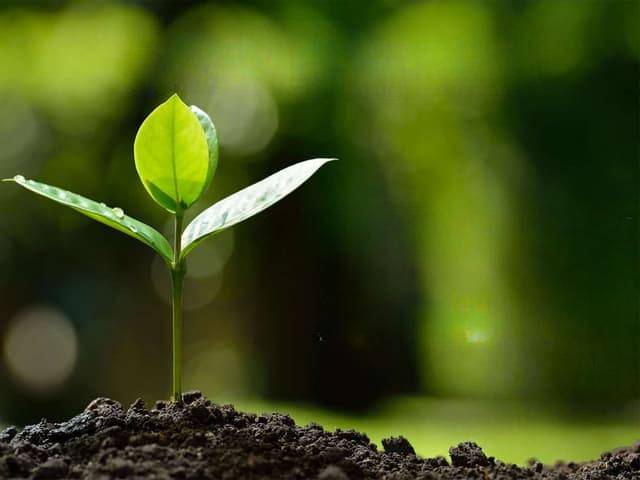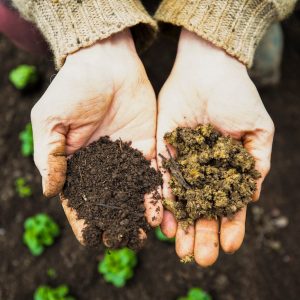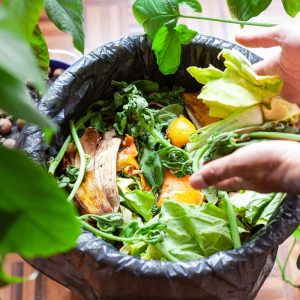Explore the essential techniques and principles of compost quality assessment in biodynamic farming systems, where compost plays a crucial role in maintaining soil fertility and plant health. This comprehensive guide covers methods for evaluating compost maturity, nutrient content, microbial activity, and physical characteristics such as texture and moisture. Biodynamic farmers utilize specific indicators to gauge compost readiness, including odor, temperature, and the presence of earthworms and beneficial fungi. By understanding these assessment tools and aligning composting practices with lunar and seasonal rhythms, growers ensure the production of high-quality humus that supports robust plant growth and sustainable agricultural practices. Discover how practical compost quality assessment in biodynamic systems contributes to biodiversity, soil health, and resilient farming landscapes.





Gabriel –
This book is both educational and well-researched, providing in-depth insights into the factors that contribute to high-quality biodynamic compost. The case studies and practical examples have enriched my understanding and practice of compost assessment.
Ifeoma –
As a farmer, I appreciate the practical guidelines this book offers for assessing compost quality. It’s helped me understand the importance of microbial diversity and nutrient balance in biodynamic composting. A highly recommended resource!
Isaac –
I found this book to be clear and comprehensive in its approach to compost quality assessment. It covers a range of techniques and indicators, making it accessible to both beginners and experienced composters. It’s been instrumental in improving the effectiveness of my compost.
Murtala –
This book provides valuable insights into assessing compost quality within biodynamic systems. It offers practical methods for monitoring and improving compost, ensuring optimal nutrient content and microbial activity. A must-read for biodynamic farmers!